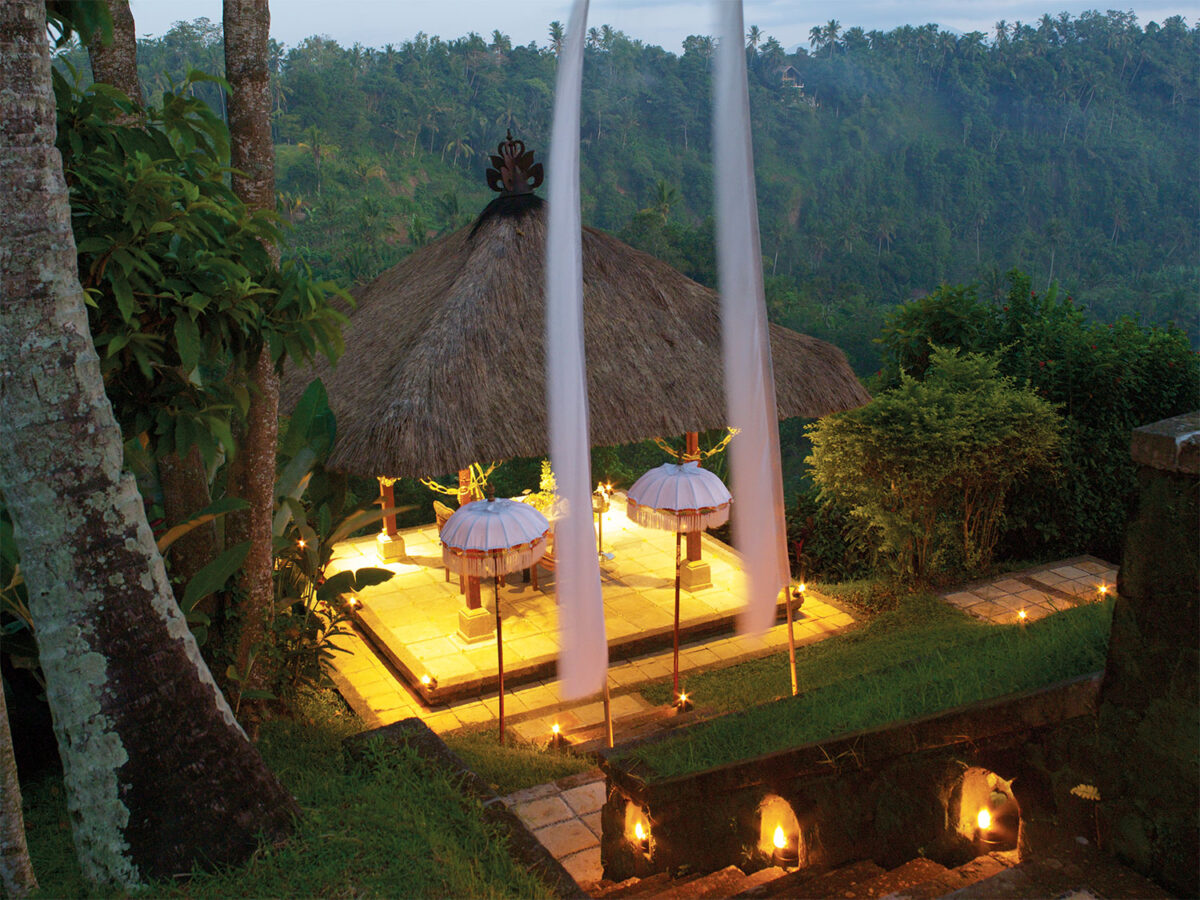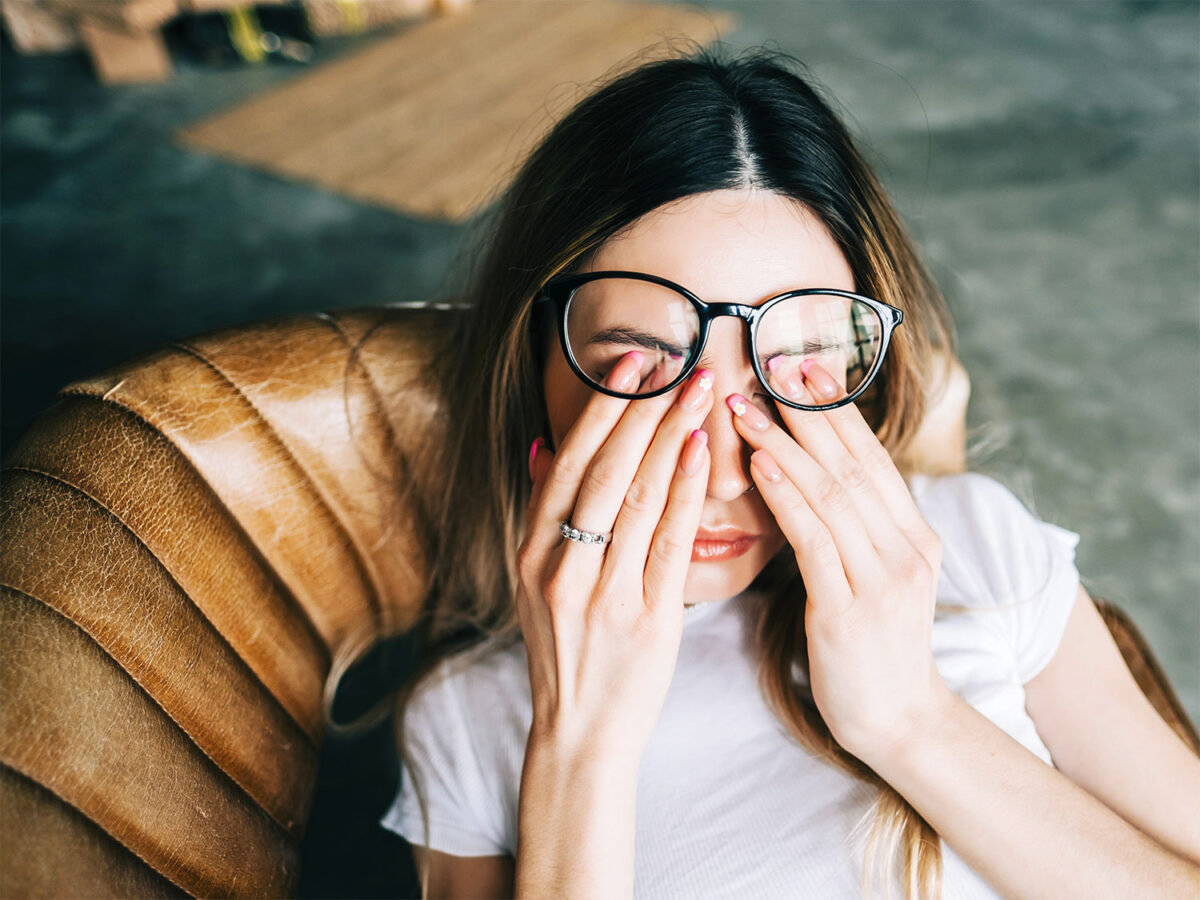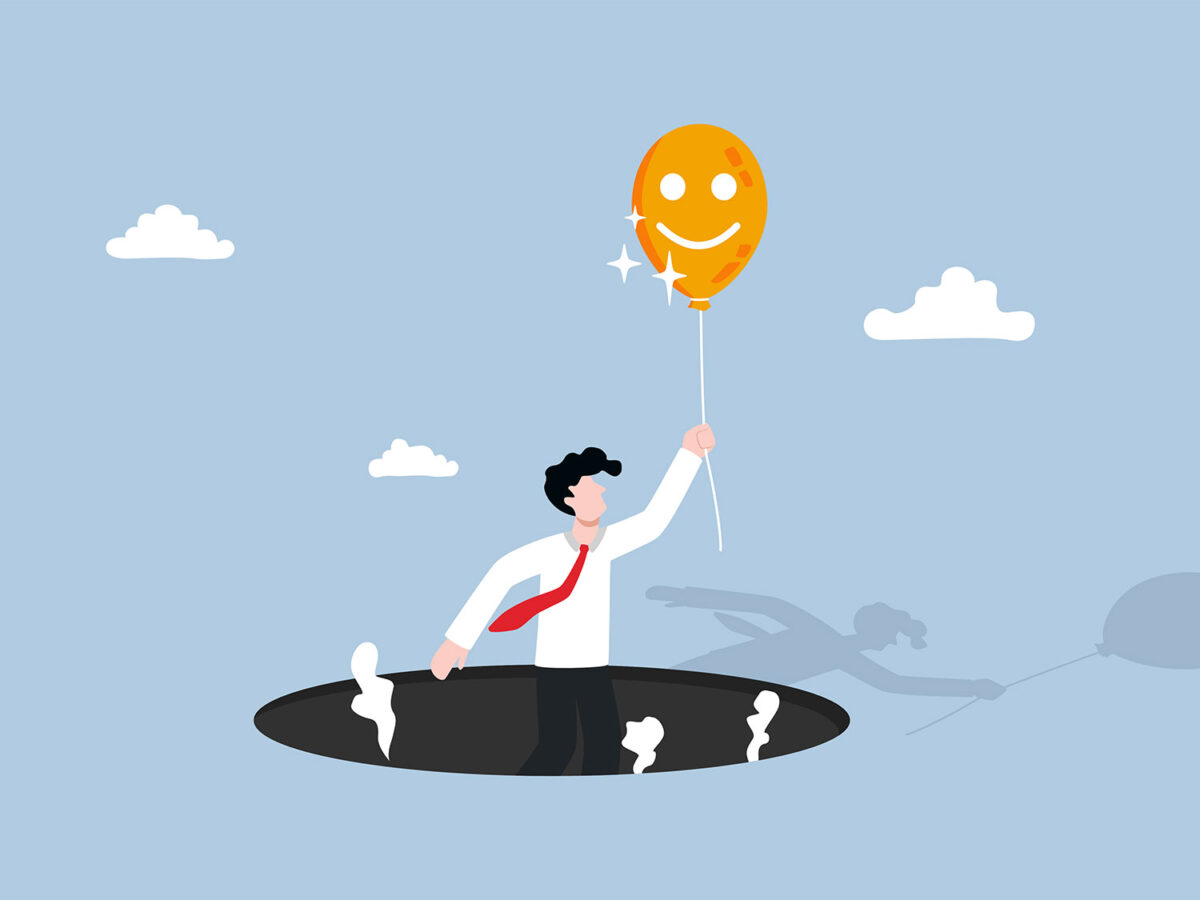As efforts to contain the fires across Los Angeles continue, the extent of the devastation is difficult to fathom. In last week’s article, I discussed the state of shock experienced during a crisis of this magnitude. For many, this feeling will persist for months or even years, depending on one’s level of trauma, personal history, and coping mechanisms. For a reminder of steps to take when in shock, please revisit “Navigating the LA Fires: How to Stay Safe and Supported”.
The emotional toll of last week’s events has been just as intense as the physical destruction for many in and around the LA area. Fear, uncertainty, grief and anger have been widespread, leaving many people feeling overwhelmed and exhausted. In times like these, it’s crucial to protect not only our physical safety but also our mental health.
Whether you’ve lost a friend or family member, your home, your neighborhood, or lived through the terror of the unknown, you are most likely experiencing a wide range of fluctuating emotions. Allowing yourself permission to fully feel these emotions can be an important first step in the healing process. Recovery will require time, patience, and support in large quantities.
While most people gradually recover from the emotional aftershocks of a disaster, others will develop Post-Traumatic Stress Disorder (PTSD). The following steps can help reduce the risk of long-term psychological sequelae:
1. Anchor Yourself in the Present Moment
Ask yourself: Am I safe right now? Are my loved ones safe right now? If the answer is yes, take a moment to fully engage with your surroundings. Notice the objects around you, listen to the sounds in your environment, feel the texture of what’s nearby, or taste the food you’re eating. By anchoring yourself in the present moment, you can calm your mind and reduce anxiety and allow for healing to begin.
2. Calm Your Nervous System
Simple activities like deep breathing, listening to soothing music, taking a warm bath or sipping tea can have a profound impact on your nervous system. These small gestures remind your body that you are safe and you can relax. Take time each day to engage in these acts of self- kindness as a powerful tool to help your nervous system recover.
3. Reestablish a Routine
Although the fires have disrupted our daily lives, finding small ways to maintain a routine can bring a sense of stability and control amid the chaos. Whether it’s mealtimes, exercise or sleep, consistency in daily activities can help ground you in the midst of uncertainty.
4. Talk About Your Experience
One of the most effective ways to process trauma is by sharing your feelings with trusted friends, family or a support group. Talking about what you’ve been through can help alleviate feelings of isolation and provide emotional relief. Remember: You are not alone in your pain.
5. Prioritize Rest
As we discussed last week, sleep is crucial for emotional and physical recovery. Aim to rest whenever possible, even if sleep proves elusive. Daytime naps can be particularly restorative if your nervous system feels frazzled. If insomnia persists, consider consulting a healthcare provider for guidance.
6. Recognize the Signs of PTSD
Trauma can harm us psychologically, not just physically. Intrusive thoughts, hyper-vigilance, difficulty sleeping, nightmares, flashbacks, and avoidance of certain situations or conversations may occur during the early days and weeks. If symptoms are debilitating or linger beyond the first month, seek guidance from a mental health professional. Like most diseases, prevention and early intervention are key.
7. Find Professional Support
In addition to the resources mentioned last week, consider the following local services that specialize in treating people after disasters:
• California Hope: Provides crisis counseling and emotional support for disaster survivors (Call 1-800-985-5990 or text “TalkWithUs” to 66746).
• Los Angeles County Department of Mental Health: Offers 24/7 crisis intervention and referrals (Call 1-800-854-7771).
• MySafe:LA: A nonprofit focused on fire prevention and recovery resources for affected families.
• Local Support Groups: Organizations like the Red Cross and United Way offer support groups and recovery events in affected areas.
8. Volunteer
Helping loved ones and neighbors is crucial. By reaching out to others, whether through a kind word, a listening ear, or material support, we not only help those in need but also contribute to our own healing process. Many agencies need support in areas like firefighting assistance, recovery efforts, evacuation, and providing relief to affected communities. If you’re looking to volunteer in Los Angeles, explore the following agencies:
• LAFD Volunteering
• American Red Cross LA Volunteering
• LACoFD Volunteering
• California Volunteers
• Salvation Army LA
• California Fire Foundation
• Los Angeles Disaster Response Volunteering
• L.A. Works
9. Donations:
Monetary donations are crucial in these times, and it’s important to give wisely. Use platforms like GuideStar and Charity Navigator to ensure your donations are going to reputable organizations with proven track records.
Places to Donate:
• California Community Foundation Wildfire Relief Fund: Supports immediate relief and long-term recovery efforts.
• American Red Cross, Los Angeles Region: Provides shelter, meals and emotional support.
• Direct Relief: Supplies medical resources to healthcare providers.
• United Way of Greater Los Angeles: Aids displaced families and helps rebuild communities.
• California Fire Foundation: Offers financial support for firefighters and victims.
• LA Fire Department Foundation: Supplies equipment for first responders.
• World Central Kitchen: Delivers meals to fire-affected communities.
• GoFundMe: You can donate directly to individuals or families in need.
As we continue to navigate the uncertainty of the upcoming days and weeks, let us prioritize self-care and treat ourselves and others with kindness and compassion. Together, we can overcome our current hardships and work together to build a safer future for all.
“In the middle of difficulty lies opportunity.”
— Albert Einstein
Beverly Hills Courier columnist Dr. Eva Ritvo is a psychiatrist with more than 30 years’ experience practicing in Miami Beach. She is the author of “Bekindr-The Transformative Power of Kindness” and the founder of the Bekindr Global Initiative, a movement to bring more kindness in the world. She is the co-author of “The Beauty Prescription” and “The Concise Guide to Marriage and Family Therapy.” She is also the co-founder of the Bold Beauty Project, a nonprofit that pairs women with disabilities with award-winning photographers creating art exhibitions to raise awareness. Dr. Ritvo received her undergraduate and medical degrees from UCLA, and psychiatry residency training at Weill Cornell Medicine.







